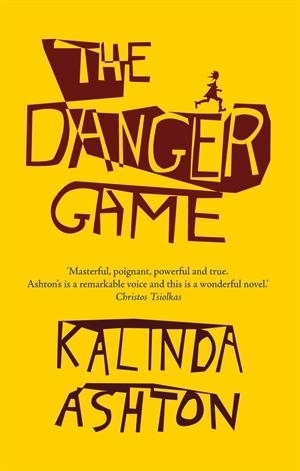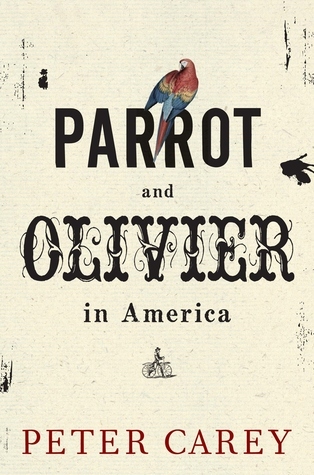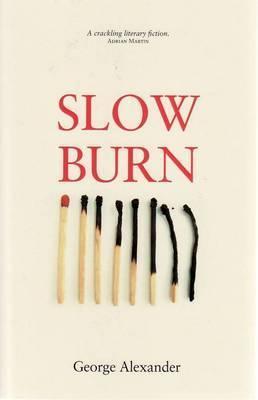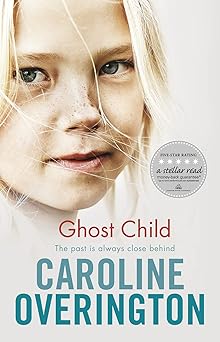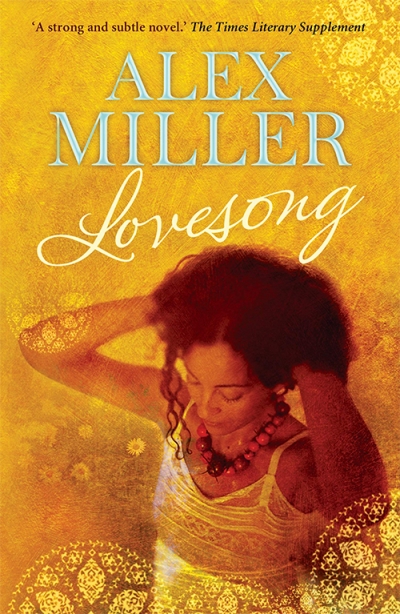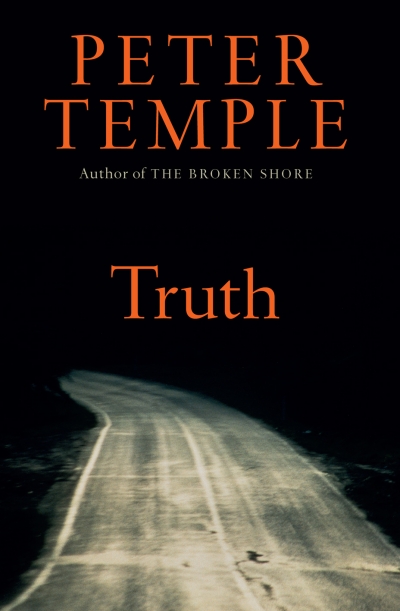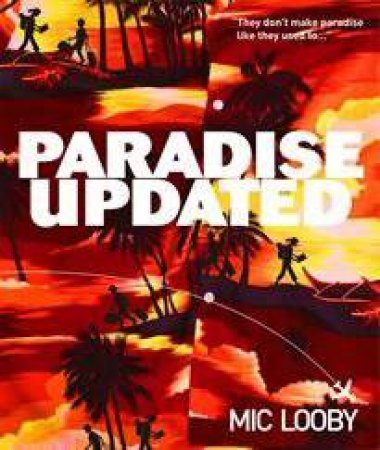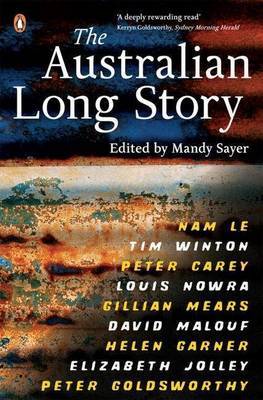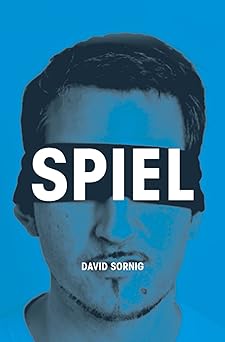Fiction
If you believe the hyperbole surrounding her novel – Christos Tsiolkas has pronounced it ‘masterful, poignant, powerful and true’ – Kalinda Ashton is, at thirty-one, her generation’s answer to Helen Garner: a novelist of everyday Melbourne who makes sad, daily truths pleasurable to read because her writing is so easy to consume.
... (read more)Parrot and Olivier in America by Peter Carey
In life and in literature, Peter Carey has been as attracted by the pull of the past as by realities of the present. Then there is his recurrent fascination with the two-country divide, where the lure of exile vies with the sentiment of ‘home’, and the schism between country of choice (or country that ‘chooses’ you) and country of birth means that neither is ever fully suitable.
... (read more)George Alexander’s new novel opens with a racially motivated murder, committed on Australia Day, 1998. A gang called the Cleaners abducts and executes Sly Bone, an Aborigine, whose body they dump in country New South Wales. We then jump forward a year. Australia Day looms, and the Cleaners have another target in mind. Meanwhile, journalist Alex Tolman and his colleague Larry Sheridan, investigating the crime, anticipate more violence.
... (read more)‘You can say a lot more in fiction than you can say in the paper,’ Caroline Overington, journalist and author of two non-fiction books, has remarked of her decision to write a novel. In Ghost Child, she uses this extra scope to consider difficult questions often overlooked in the fast-moving news cycle.
... (read more)In the vein of classical Hollywood films such as The Lady Eve and All About Eve, Airlie Lawson’s début novel recounts a familiar narrative involving a mysterious career woman named Eve. A kind of The Devil Wears Prada for the publishing industry, Don’t Tell Eve scrutinises the dealings of Papyrus Press, ‘a respectable, old-fashioned publishing house’ – until the arrival of the new boss, that is.
... (read more)Alex Miller has been named as a finalist in the 2009 Melbourne Prize for Literature, a rich award given triennially to a Victorian author for a body of work. It is hardly surprising that a writer who has twice won the Miles Franklin Award and frequently been the recipient of, or short-listed for, other prizes should be among ...
... (read more)In Peter Temple’s phenomenally successful The Broken Shore (2005), detective Joe Cashin wonders what the right result might be in the case of murdered businessman and philanthropist Charles Bourgoyne. Lawyer and romantic interest Helen Castleman’s answer is succinct: ‘The truth’s the right result.’ The truth of The Broken Shore was murky, disturbing and came with a price ...
... (read more)Paradise Updated, Mic Looby’s first novel, is a scathing satire on the tourism industry, in particular the guidebook business. Looby, who worked for many years as an editor and author at Lonely Planet, seems to know his stuff; his novel reads like a thinly veiled dig at his former employer, now a global enterprise.
... (read more)Literary definitions often have an indeterminate quality. To state the precise formal characteristics of the novel or the short story is almost impossible. There are some basic tenets, but these forms are fluid; open to interpretation and experimentation. Is there, then, any grounds for conceiving of the ‘long story’ as a distinct entity? Caught somewhere between two already amorphous forms, it seemingly occupies a negative space, defined by what it is not.
... (read more)Back in 2007, his academic cap firmly fastened, David Sornig wrote in the pages of Antipodes: ‘Since the fall of the Berlin Wall, the city [of Berlin] has, more than any other, become thought of as the place where, in Fukuyaman terms, history actually ended. In this sense it is the eschatological city par excellence.’ It is a curiosity of sorts that Australian writers have been in the front stalls documenting this apocalyptic vision.
... (read more)

